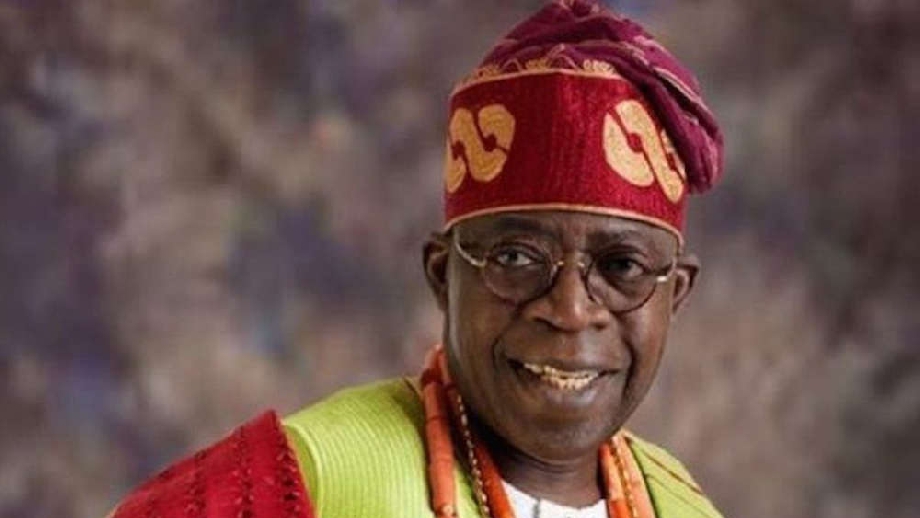
President Bola Ahmed Tinubu has assured Nigerians that “the worst is over” for the country’s economy, insisting that his administration’s tough reforms are beginning to yield results.
In his Independence Day broadcast marking Nigeria’s 65th anniversary, President Tinubu acknowledged the painful sacrifices citizens have endured over the past two years.
He said those sacrifices are now paving the way for relief, with reforms such as the removal of fuel subsidies, unification of foreign exchange rates, and stricter fiscal discipline redirecting funds into education, healthcare, agriculture, national security, and infrastructure.
The president noted that all levels of government now have greater resources to meet citizens’ needs.
He also cited what he described as economic milestones: record growth in non-oil revenue, stronger foreign reserves of $42 billion, and a more stable naira.
On security, he commended the armed forces for their sacrifices, saying the nation is winning the fight against terrorism, banditry, and other violent crimes.
He also hailed Nigeria’s youth as the country’s “greatest asset” and expressed confidence that a new, more prosperous Nigeria is being built.
But not all experts share the president’s optimism.
Professor Allwell Ntegah, an economist at the University of Port Harcourt, told our correspondent that some of the president’s claims suggest he is not fully in touch with the realities on the ground.
According to him, little has improved in the daily lives of Nigerians despite the reforms.
“The president may claim that more money is reaching states and local governments, but in reality, these funds are nominal, not real,” Professor Ntegah said.
“The policies so far have not changed living standards for ordinary citizens.”
Similarly, Dr. Uche Igwe, a Political Economist at the London School of Economics, said the administration’s assurances will only be credible when reforms translate into measurable improvements.
“The success of economic reforms cannot be judged by figures alone,” Dr. Igwe explained.
“What matters is whether citizens feel relief in their cost of living and whether palliative measures ease the pain that comes with adjustment.”
As Nigeria reflects on another Independence anniversary, the sharp contrast between government assurances and public experience highlights an enduring debate: has economic reform truly begun to ease the burden on citizens, or are Nigerians still waiting for the promised prosperity to take shape?


